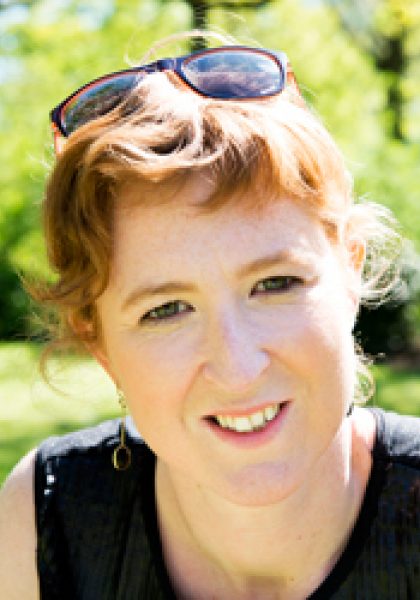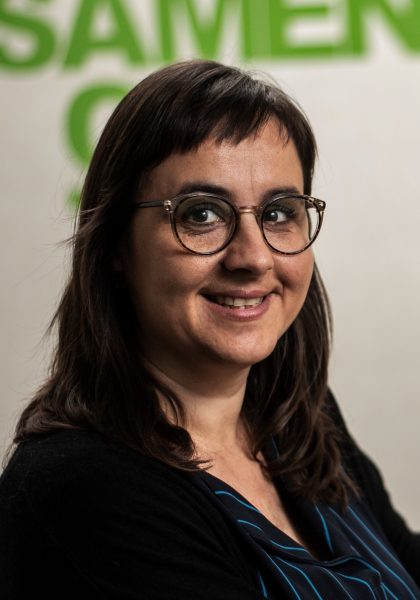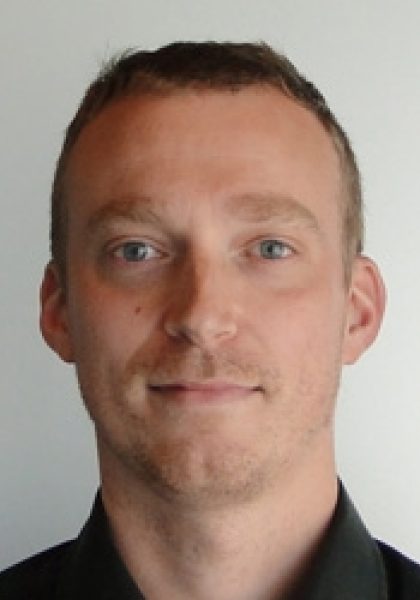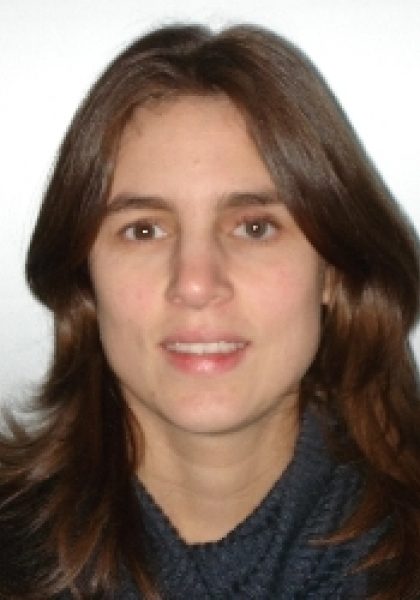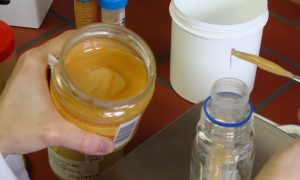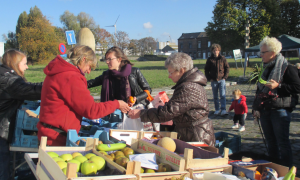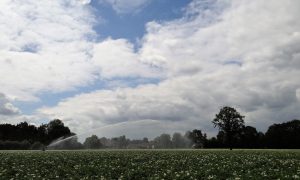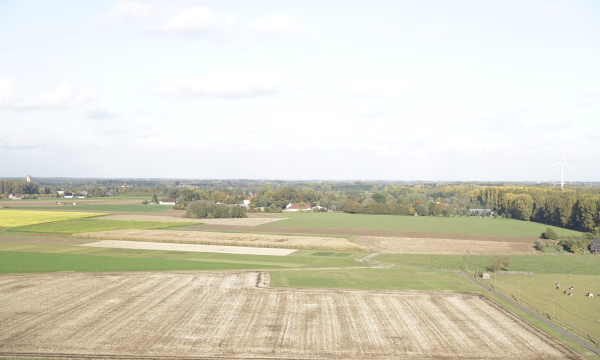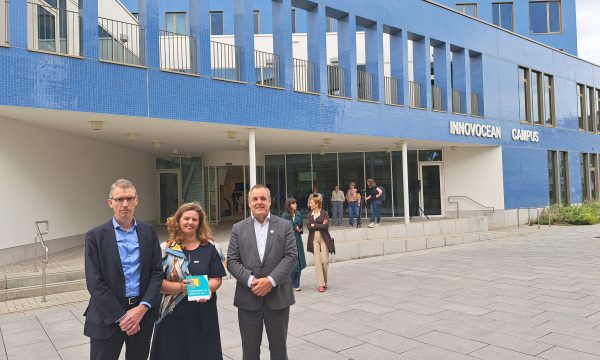Sector Public and non-profit sector
Public authorities, educational institutions, and employees from the non-profit sector will find an answer here to “what can ILVO do for me?”. You’ll get a brief overview of relevant expertise, analyses, and the professional approach that characterizes ILVO.
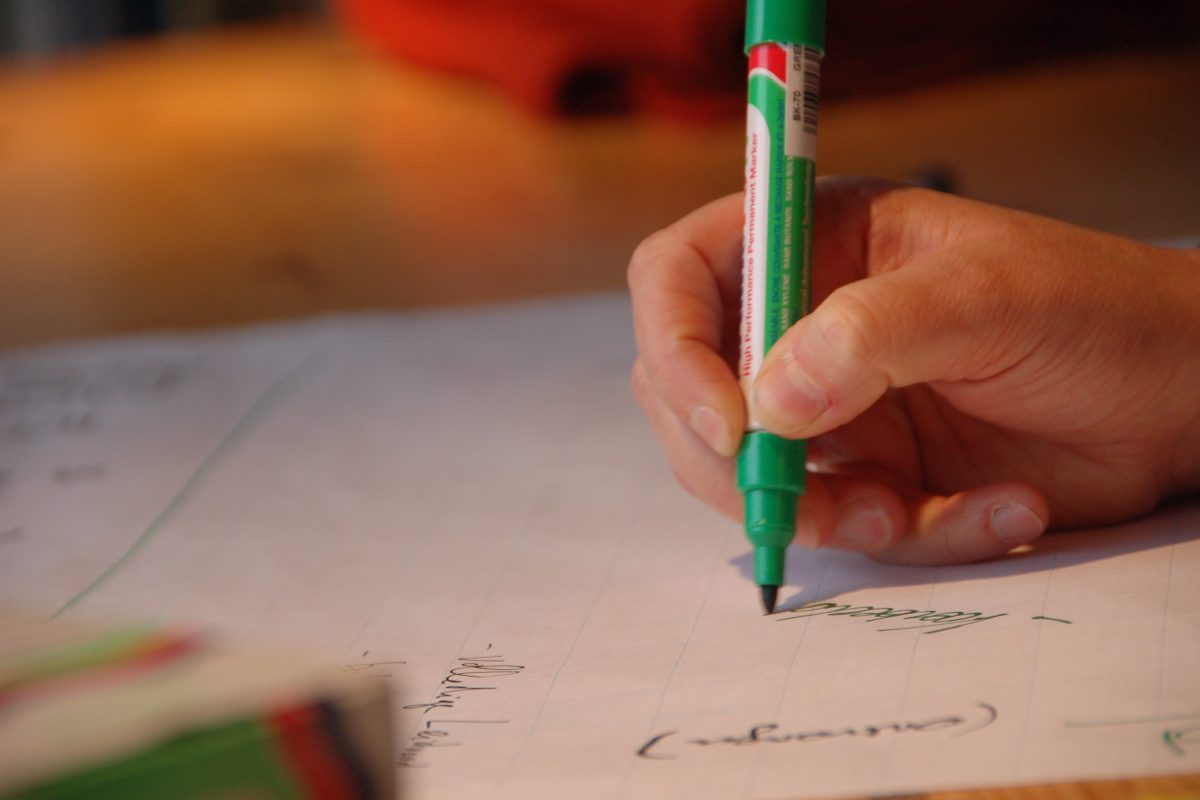
What does ILVO do?
-
Cities and municipalities have started to focus on food and agricultural policy and are setting up a local food strategy. This involves various local actors, rural dynamics, and policy areas, such as farmers, the green service, spatial planning, social policy, and facility management. ILVO uses the most appropriate participatory techniques to help develop local food strategies and carries out supporting research into scaling up the short chain and drawing up a local agricultural vision.
-
Spatial planning has an important influence on land use and agricultural functioning in Flanders. ILVO has experience and expertise in monitoring gradual or hidden dynamics of open space, such as evolutions in the reuse of farms, and the increased use of space for gardening and equestrian activities in rural areas.
-
ILVO is actively committed to supporting the development of sustainable agricultural areas. As one of the possibilities to preserve and strengthen agricultural areas in urbanized regions, ILVO is experimenting with the concept of agricultural and food parks. Food production and agriculture become visible again in such a ‘park’ and are given a rightful place in urban life. At the same time, it offers farmers the prospect of developing a sustainable business model, e.g. by means of urban sales, but also by providing social services, such as water storage and landscape management.
-
ILVO facilitates and supports region-specific processes and deploys various participatory methods in order to better align the multitude of rural actors and projects in the open space. ILVO has tools to explore your area in a systematic way, or to discuss the future vision for your area in an interactive way.
-
ILVO analyzes the possible added value of revenue models and the preconditions that must be met for a successful business model. In addition, ILVO has a number of tools at its disposal to calculate the economic feasibility of an idea. Managers and project evaluators can call on ILVO to assess the business/economic side of a project, such as studies, subsidy projects, permit applications, private-public partnerships, etc. Educational institutions can also call upon ILVO's business economic knowledge, e.g. in the form of guest lectures or application of the decision support tools developed by ILVO.
-
ILVO maps the well-being of Flemish farm families in a scientifically substantiated manner and researches business-economic, political, social, and personal factors that influence it. In addition, ILVO researches the ways in which farm families deal with stress and which (policy) initiatives can support them. Both quantitative data analysis (e.g. surveys) and qualitative techniques (e.g. in-depth interviews and group discussions) are used for this purpose. Based on this data, well-founded, workable recommendations are formulated for farmers, policy, and civil society.
-
Knowledge sharing is crucial. ILVO conducts research into the competences and learning processes of farmers and consultants and translates this into ‘good practices’ for the different forms of knowledge sharing (education, learning networks, on-farm demonstrations, role of digital tools). This expertise is used to facilitate interactive innovation between the many parties active in rural areas.
-
Our food system is faced with many challenges. The problem itself, the possible solutions, and ways to transition toward a solution are located at different levels (company, sector, region, chain, food system) and are often discussed at the same time. During the search for solutions, these levels and the many, often divergent, visions must be taken into account. A participatory systems approach is then necessary. ILVO has a wide range of methodological expertise that can be used for this, such as a multi-actor approach, systems thinking, the living lab method, handling GDPR-sensitive data, spatial analyses, qualitative research methods, etc.
-
ILVO focuses on facilitating systemic research to understand complex food systems, and uses the living lab approach to find solutions together with stakeholders in a real-life context. By deploying targeted systems tools, setting up learning trajectories, and its own practical experience, ILVO has built up extensive expertise in systems thinking and co-creative research.
-
ILVO has an Center of Expertise for Agriculture & Climate (ELK), in which all ILVO researchers working on climate and sustainability are involved. Both public and private parties can contact the expertise center for advice and research.
> More info: Center of Expertise for Agriculture & Climate Expertisecentrum Landbouw & Klimaat
How does ILVO work?
ILVO focuses on policy-relevant research. We capture the questions arising from the agri-food sector, the market, and society that are relevant to the various policy levels: for municipalities and provinces as well as for the Flemish, Federal, and European government authorities, but also for education, training, (health)care, and social services.
Holistic approach: participative and multidisciplinary
ILVO tries to substantiate social questions through thorough scientific research. We do this by focusing on a holistic research approach together with the various parties. In addition, we also proactively focus on studying important social trends in the food system.
ILVO can rely on a highly multidisciplinary team and various participatory methods.
Your ILVO guarantee
- Scientifically substantiated answers
- Individual and/or co-creative supervision of innovation trajectories
- Clearly interpretable recommendations that can be used in daily practice
- Multidisciplinary team and extensive network
- Participatory research methods
All the ILVO expertise at your service
ILVO works in an interdisciplinary fashion and has a network of living labs that work closely together. A problem or question is therefore examined from many different angles by ILVO experts from different disciplines. This is guaranteed by ILVO's broad and systematic approach, together with the typical openness of the ILVO culture.
Today, there are six thematic ILVO Living Labs, which all work with a systems approach based on the five ENoLL principles: multimethod approach, multi-stakeholder involvement, testing in real-life environments, the end user’s active involvement, co-creation, and openness. The public and non-profit sector are also welcome to participate.
